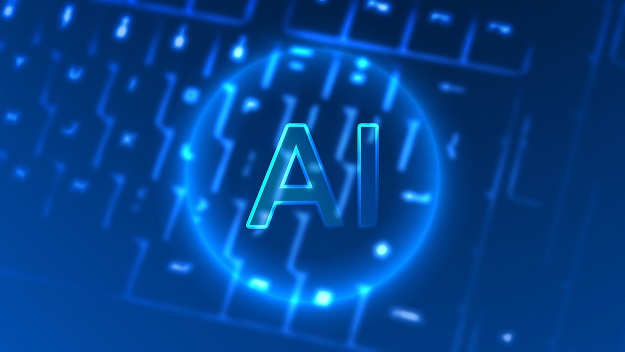Navigating the Legal Maze: The Role of AI Lawyers

While we’ve seen that fears about technological progress are often exaggerated, it’s important to acknowledge that each wave of innovation brings its own set of ethical and legal challenges.
This is where specialized AI lawyers play a critical role—guiding businesses through the labyrinth of regulations, ethical considerations, and contractual obligations tied to the use of AI.
Compliance and Ethical Governance
Today’s AI applications range from automated customer service and data analytics to more complex fields like healthcare diagnostics and autonomous vehicles. Each application carries unique legal implications, from data privacy concerns to issues of liability and accountability. AI lawyers help companies navigate these tricky waters by ensuring compliance with existing laws and advocating for ethical governance.
Intellectual Property Concerns
Another area where AI lawyers are indispensable is intellectual property rights. As AI systems become more sophisticated, questions around the ownership of algorithms and generated data become increasingly complex. Lawyers specialized in this domain help clarify these grey areas, ensuring fair use and protection against infringement.
Labor Law Implications
The fear that AI will replace human jobs en masse isn’t just an ethical or economic concern—it’s also a legal one. Companies using AI to automate tasks previously performed by humans may find themselves navigating a minefield of labor laws and employee rights. AI lawyers can assist in ensuring that the transition respects labor agreements and federal and state laws, thus reducing the risk of costly legal battles.
Precedent-setting and Future Legislation
AI lawyers aren’t just reacting to the current state of affairs; they’re helping to shape the legal landscape for the future. By representing clients in precedent-setting cases, they play a role in defining how existing laws should be interpreted in the context of emerging technologies. They also act as advisors to policymakers drafting future legislation that governs the use of AI.
Just like previous technological advances, AI is here to stay. And while it brings a set of challenges that are indeed novel, they are not insurmountable. The work of AI lawyers underscores this fact—through legal expertise and ethical diligence, they are helping to chart a course through uncertain territory. As we stand on the cusp of another transformative period, it’s more crucial than ever to engage in a multi-disciplinary approach, combining technological innovation with legal and ethical responsibility. This way, we can separate unfounded fears from valid concerns and ensure that we harness AI’s capabilities responsibly and effectively.















